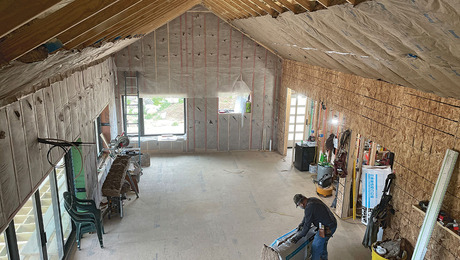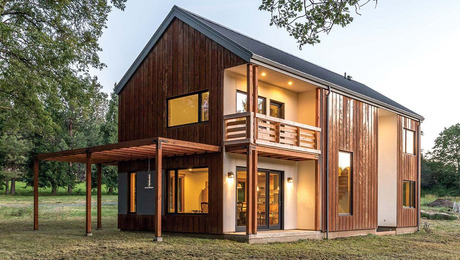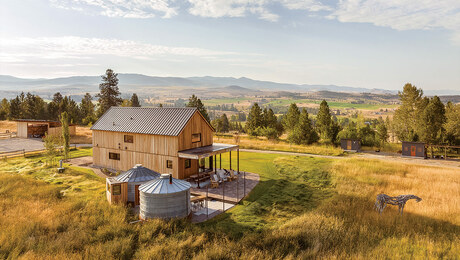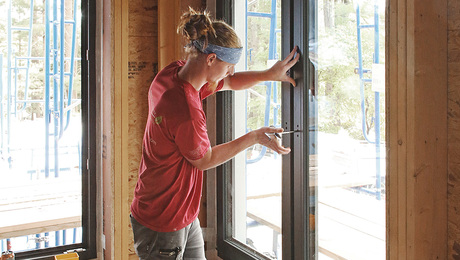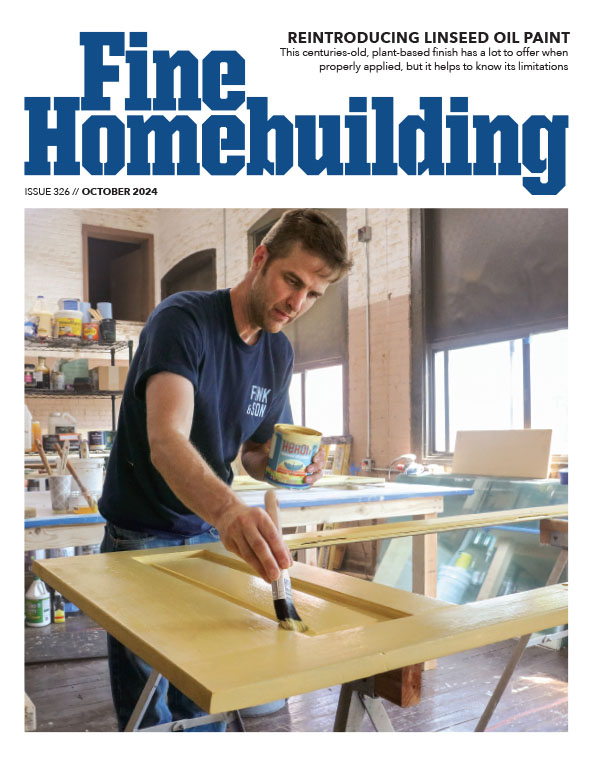A. Tamasin Sterner, Energy Adviser
This small-business owner knows about residential energy efficiency and has gotten to share her knowledge with the president.
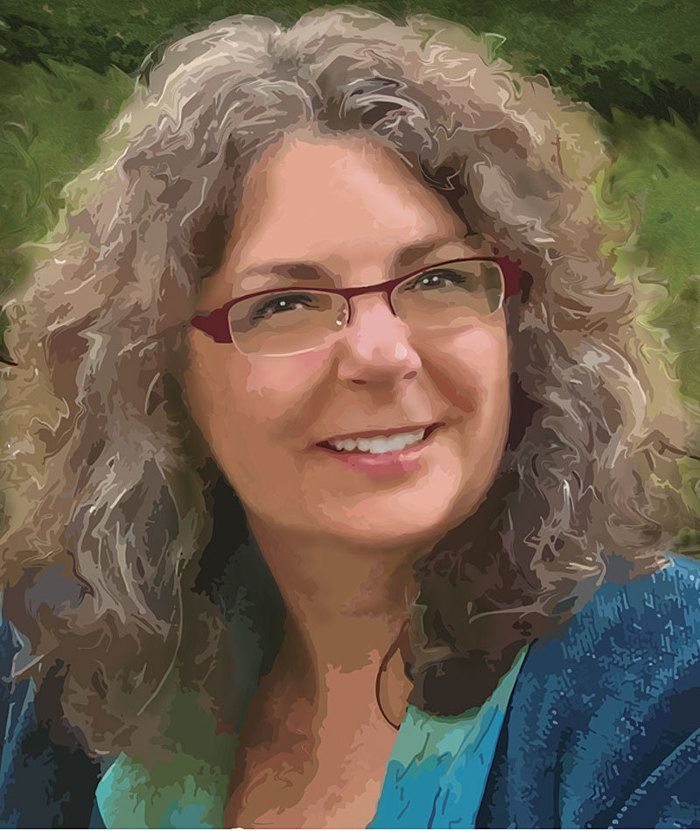
You were one of five experts invited to speak at a roundtable discussion with President Obama in 2009 about energy efficiency and job creation. How were you chosen to be on that panel?
My company, Pure Energy, had been in business for 21 years providing services such as energy audits, quality-control inspections, and training for energy professionals. We’ve had an exceptional reputation for providing utilities and government agencies with high-quality services. The White House wanted a person to represent small energy-efficiency businesses, and they found me through their contact at Building Performance Institute. I imagine they were pleased to identify a woman-owned business to balance out the group.
What advice did you give the president?
At the time, the president was promoting the Home Star energy-retrofit bill, also known as “Cash for Caulkers,” a program to provide incentives for homeowners to retrofit their homes for greater energy efficiency. I told the president that I thought foam was sent by the angels and suggested the name of the program be changed to “Funds for Foaming.” I also told the president that I thought insulation was sexy. He used that phrase in the news conference after our meeting.
Unfortunately, the bill didn’t make it through Congress.
How did the rest of the meeting go?
After the other panelists talked, I recapitulated that the residential-retrofit work that was their specialities— insulation, HVAC, weatherization, home performance—must be done in a particular order to minimize cost, to guarantee family safety, and to maintain building durability. I used an example that a new heating and cooling system is great, but if the HVAC contractor doesn’t size it according to the needs of the retrofitted house—post-airsealing and insulation—the HVAC system won’t work efficiently. Then money would be wasted. I hate waste.
If you were the country’s energy secretary, what are the top three policies you would pursue?
One, fund building-science education for everyone.
Two, offer free and paid training and certification for energy-retrofit technicians.
Three, eliminate atmospheric-draft combustion appliances.
Many people who have been involved with energy efficiency since the 1970s and ’80s seem disappointed with our nation’s progress since that time. Do you share their disappointment?
Building-science fundamentals are nature’s laws. Building science is concrete. Some contractors do the right things, and some don’t. I am disappointed and impatient with those people who keep making mistakes. Homeowners who want to improve their lives and homes may be confused by contradictory information. They’re afraid of making a wrong decision, so they don’t do anything. But nature’s laws are simple. If they are followed, nothing bad will go wrong.
Many of the recently trained weatherization workers who found jobs because of funding for weatherization programs may lose their jobs because of cuts to these same programs. How can we find jobs for these skilled workers?
The way to find work for these workers is to have a national energy policy that rewards families for making their homes, appliances, electronics, and personal choices and habits super energy efficient. There is no downside to doing things well and right. Energy efficiency is part of a quality life—one that is comfortable, safe, healthy, durable, fun, rewarding, valuable, and feels right.
You’ve seen the country’s policy on residential energy consumption evolve for decades. What do you think of the efforts to boost home efficiency, and what are your hopes for the future?
I think we have a national health issue on our hands. With climate change, meaning more water in our buildings; pressure imbalances caused by more things that suck air from and blow air into our homes; and inadequate incomes, more of us are living in bad housing. I believe we need to get away from thinking about energy efficiency, which is boring, and into creating quality living spaces. Everyone should understand the principles of human comfort and piggyback that with knowing building science—nature’s laws—which are guiding forces that will never let us down. Then, those who care about how they feel, what they breathe, where they live, how they impact their neighbors—their part of a whole—will be happy. Happiness spreads. Life improves.
Illustration: Jacqueline Rogers









